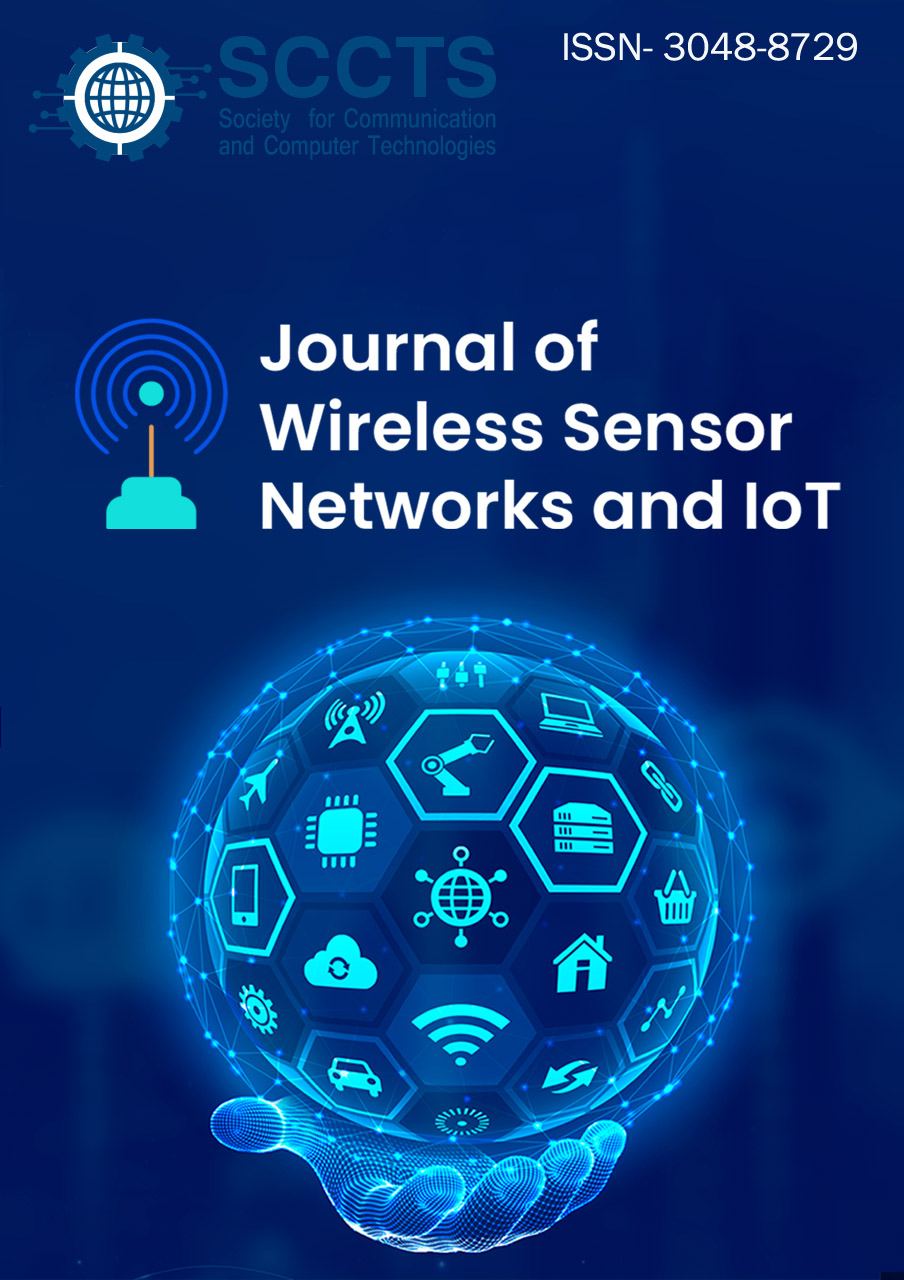Low-Power Wide Area Networks for IoT: Challenges, Performance and Future Trends
DOI:
https://doi.org/10.31838/WSNIOT/02.02.03Keywords:
Environmental Monitoring;, Smart Homes;, Smart Agriculture;, Industrial IoT;, IoT AnalyticsAbstract
The Internet of Things (IoT) has changed connectivity forever, opening the
door for countless devices to talk and exchange information across great
distances. At the heart of this technological transformation lies a crucial
innovation: Low Power Wide Area Networks (LPWAN). They have taken shape
as game changers, solving the requirements of the IoT by providing long
range communication with small power consumption to its applications.
IoT deployments continue to explode across many sectors, such as smart
cities, agriculture, and industrial monitoring, all of which rely on efficient
and scalable connectivity solutions more than ever. Enter LPWANs, which
f
ill the gap and offer a reliable basis for massively connecting many low
power devices spread out over large geographical space. In this article, we
look at the world of LPWANs, their performance characteristics, discuss the
challenges they face and gape at the crystal ball to see the future. We’ll take
a look at how these networks are changing the IoT, and how they’re preparing
the landscape for exciting new applications that were, until recently, thought
to be impossible.






